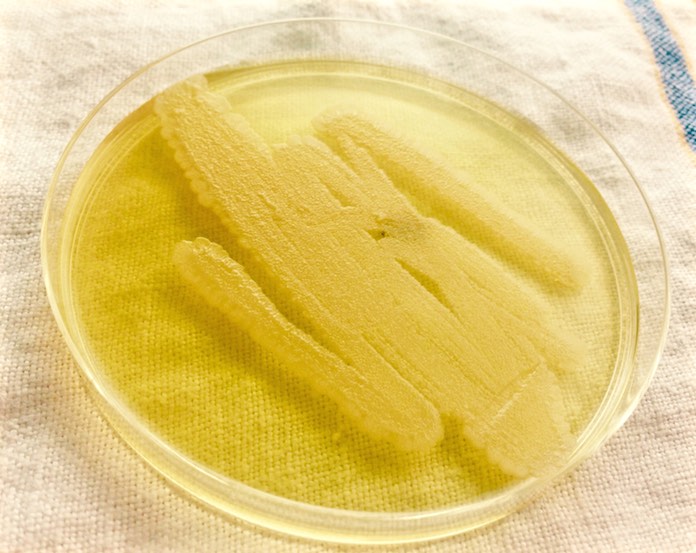It sounds like something Smoky the Bear said, “only you can prevent foodborne outbreaks!” But it’s true. The Centers for Disease Control and Prevention say that you can keep your family safe and help protect others from illness.

Every year, 1 in 6 Americans contract a foodborne illness. Most of these cases occur individually, but some are part of outbreaks. If two or more people have the same illness caused by the same strain of bacteria, it’s an outbreak. The CDC uses epidemiological, traceback, and food and environmental testing data to determine if an illness cluster is a foodborne outbreak.
If you get sick and you think you have food poisoning, there are three ways you can help solve the outbreak. First, report your illness to your health department. If you go to a doctor and you are diagnosed with a Salmonella, E. coli, Listeria monocytogenes, Campylobacter, or Brucella infection your doctor will contact authorities. These are reportable conditions. Health department track these reports and look for other people who have similar symptoms and exposures.
Second, make sure that you talk to your health care provider about your illness. Stool and blood tests are the only way to diagnose these illnesses. Results from these tests will be sent to laboratories. Samples are cultured and uploaded to a database called PulseNet. PulseNet is a network of local, state, and federal labs that perform DNA fingerprinting on bacteria. Pulsed-field gel electrophoresis (PFGE) and whole genome sequencing (WGS) are two methods used to link bacteria from people and from food products.
Third, if you did get sick with food poisoning, it’s important to then write down everything you can remember eating the week before you got sick. Restaurant visits, visits to farm or agricultural events, visits to private parties, and other events may be critical. The time between exposure to a pathogenic bacteria and development of symptoms can be a few days, a few weeks, or even a few months. The contaminated food is usually not the lasts food eaten before you get sick.
Even if you aren’t sick with food poisoning, you can help. Keep food receipts and enroll in shopper card programs. Keeping these receipts can help you remember what you ate if you get sick. Shopper card programs track your purchases. Officials will only use this data with your permission.
If you buy food and freeze it, freeze the original packaging or label with the food. This can help investigators trace the food during an outbreak investigation.
Finally, participate in investigations. Sometimes, during an outbreak, officials conduct a case control study. They interview sick people and people who did not get sick (controls). This can provide critical clues to help solve the outbreak.




